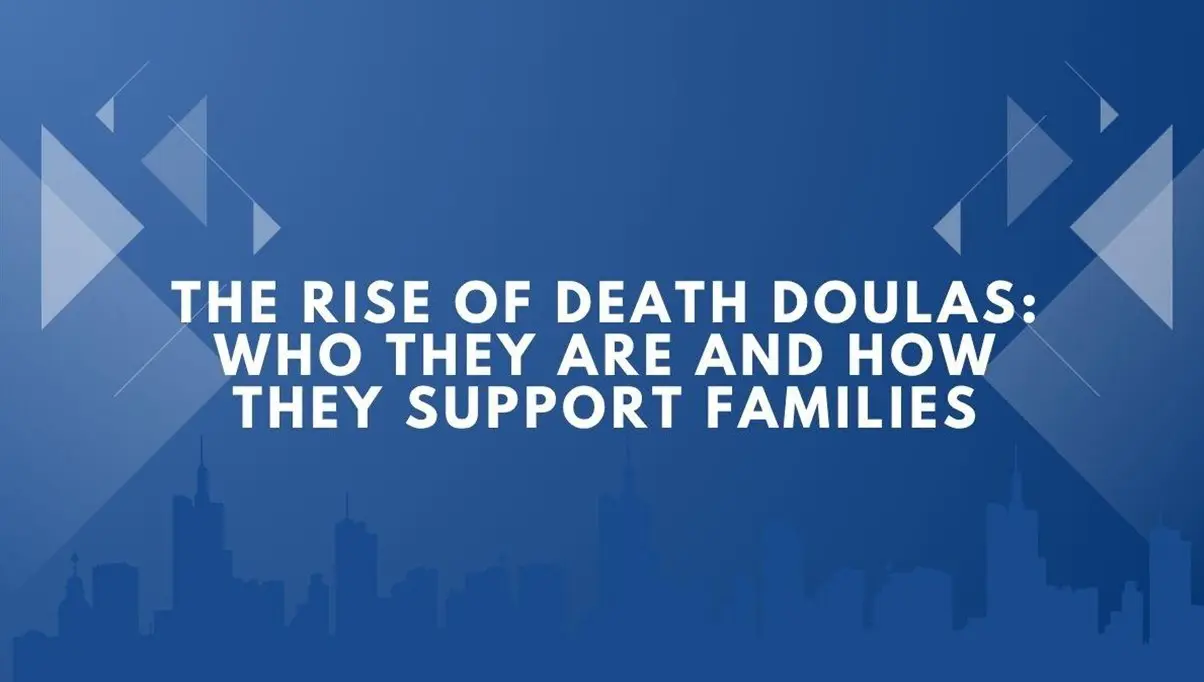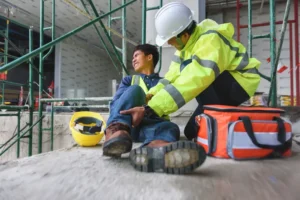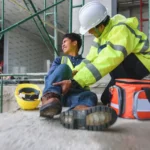In recent years, more people have become aware of the role of death doulas. Once a little-known practice, death doulas are now gaining attention for the unique and compassionate support they offer to individuals and families at the end of life.
As more people seek personalised, holistic care during the dying process, death doulas are helping reshape how we think about death and dying.
What Is a Death Doula?
A death doula, sometimes called an end-of-life doula or death companion, is a non-medical professional who offers emotional, spiritual, and practical support to people who are dying and to their loved ones. The word “doula” comes from the Greek word for “servant” or “helper” and is commonly known in the context of childbirth. Just as birth doulas support families during birth, death doulas support individuals and families through death.
Unlike doctors, nurses, or funeral directors, death doulas do not handle medical treatments or legal matters. Instead, they focus on being a calming, supportive presence. They help people face death with dignity, offer guidance to families, and ensure that the dying person’s wishes are respected and honoured.
Many funeral homes recognise the value that death doulas bring and will recommend them to families looking for extra support. Some death doulas even help families work with funeral homes, ensuring that the deceased’s wishes for their funeral or memorial are clearly communicated and respected. Together, these professionals create a complete circle of care that supports families before, during, and after the loss of a loved one.
What Services Do Death Doulas Offer?
Death doulas offer a wide range of services, tailored to meet the needs of each individual and family. Some of the key ways they support families include:
Emotional Support
Death can bring up many emotions, including fear, sadness, anger, and confusion. Death doulas provide a steady, compassionate presence, offering a listening ear without judgment. They help the dying person and their loved ones process their feelings, share memories, and say their goodbyes.
Practical Guidance
Dying often comes with many decisions. Death doulas can help families navigate these choices, such as creating an end-of-life plan, deciding on care preferences, or writing a legacy letter. They may also assist with creating a peaceful space for the dying person, whether at home, in hospital, or in hospice care.
Vigil Sitting
As death approaches, death doulas may stay with the person and their family, providing comfort and reassurance during the final hours. This can include offering gentle touch, reading aloud, playing meaningful music, or simply being present.
After-Death Support
While death doulas mainly focus on the time before death, some also provide support in the days following a death. This can include helping the family with early grief, supporting home vigils, or guiding families as they begin working with funeral homes to plan the service.
Why Are Death Doulas Becoming More Popular?
Several factors have led to the rise of death doulas in recent years.
Desire for Personalised Care
Many people today want end-of-life care that feels personal and meaningful, rather than purely medical or institutional. Death doulas help create a more intimate, human-centred experience that honours the individual’s wishes and values.
Changing Attitudes Toward Death
Society is slowly becoming more open to talking about death and dying. As part of this shift, more families are seeking help to navigate the emotional and spiritual aspects of the dying process, not just the practical ones. Death doulas offer gentle guidance through these often difficult conversations.
Gaps in Traditional Care
While doctors and nurses provide essential medical care, they often have limited time to offer the emotional and spiritual support that families need. Death doulas help fill this gap, providing care that complements medical services without replacing them.
How to Find a Death Doula
If you or your family are interested in working with a death doula, there are several ways to find one. Many doulas are listed through professional associations, online directories, or local hospice organisations. Funeral homes can also be a good resource, as they often have connections with experienced doulas in the community.
When choosing a death doula, it is important to meet with them and make sure they are a good fit for your needs. Look for someone who listens well, respects your values, and has the training and experience to provide the support you want.
As we continue to rethink how we approach death and dying, the role of the death doula is likely to become an even more valued part of end-of-life care — helping to create more meaningful, peaceful, and human experiences for all involved.
Also Read-Selecting the Right Tech Stack for Mobile App Success










